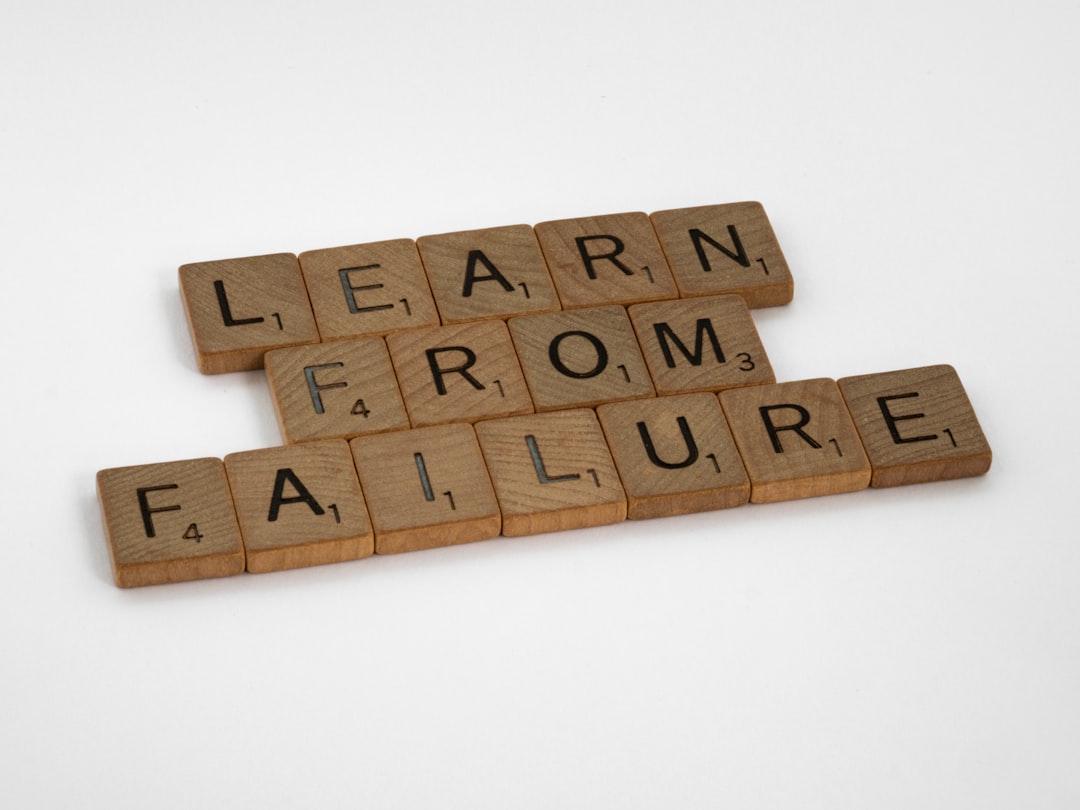How to Successfully Fail

For the past 4 years of my professional career, I have been employed as a business consultant, my primary responsibility being, to help organizations large and small accomplish key business objectives through the implementation and adoption of a combination of software and business analytics methodologies.
These businesse…


